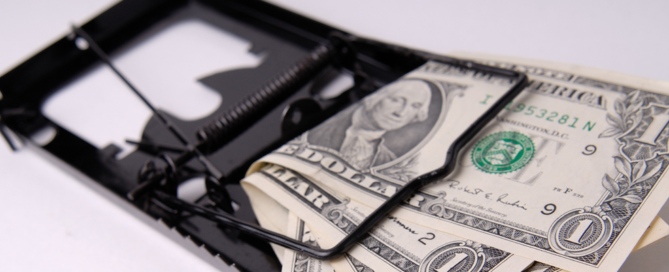Five-Year Prison Term and $250,000 Fine for Bankruptcy Fraud Conviction
Call: 888-297-6203 A resident of Massachusetts, John Pregent, was found guilty to one count of bankruptcy fraud in the bankruptcy case of his business, Technical Fabrications, Inc. (TechFab). He was found guilty of scheming to defraud creditors. He had filed for a Chapter 7 bankruptcy (only Chapter 7 and 11 can be filed for by businesses) on July 26, 2010, in the Massachusetts District Court, with the intention of getting the debts of the business discharged. Normally there wouldn’t have been any problem, but before filing for bankruptcy, Mr. Pregent had sold the valuable assets of his company, [...]










